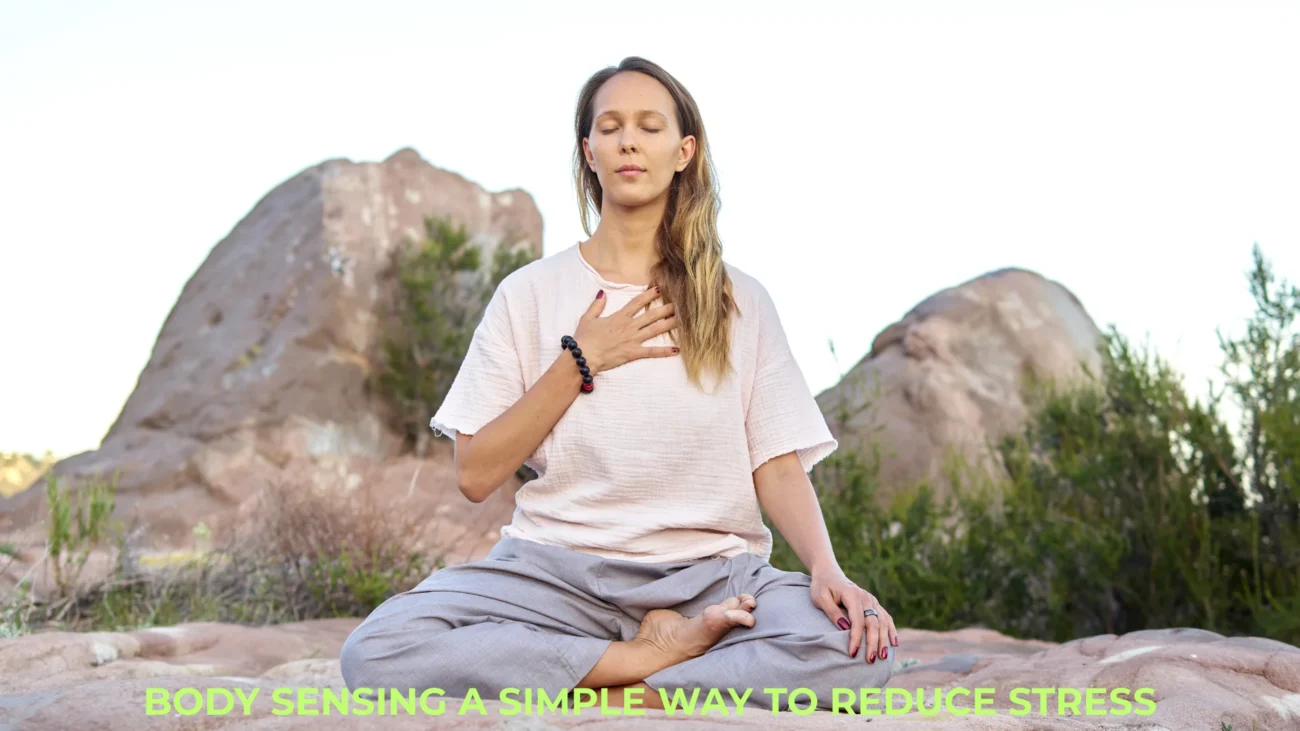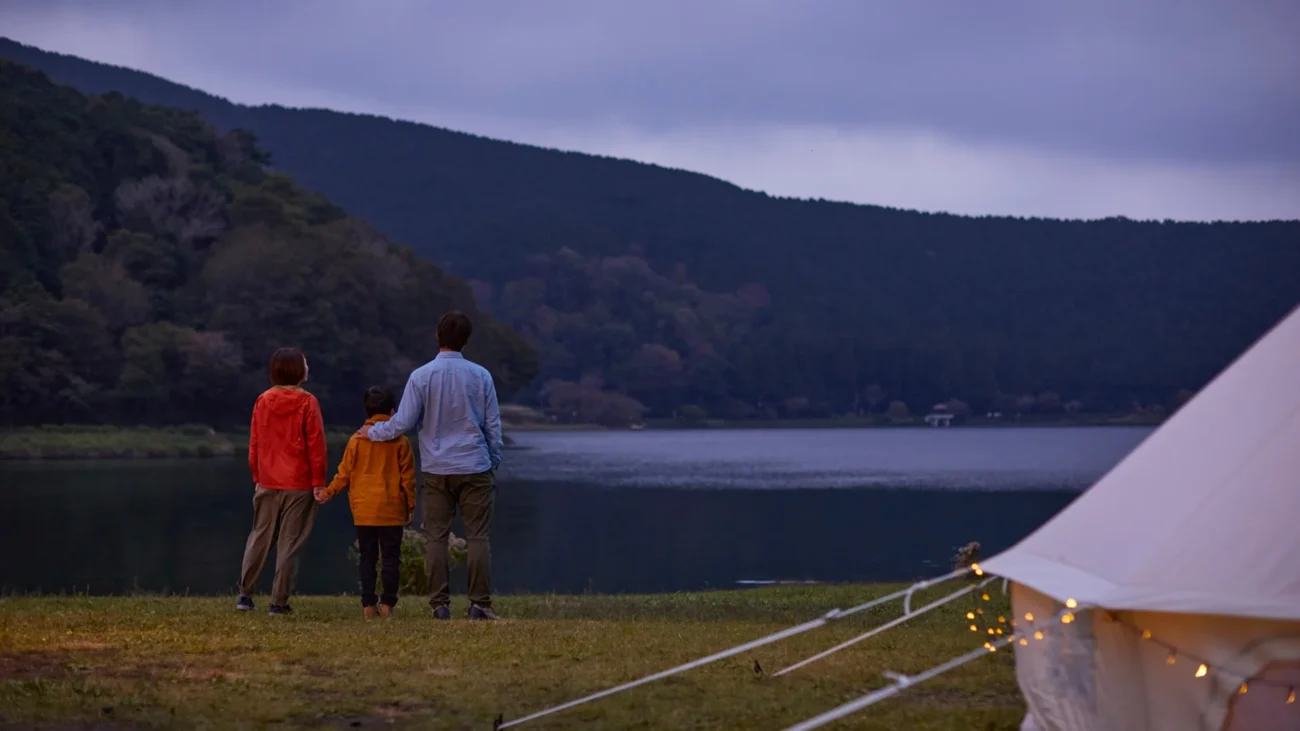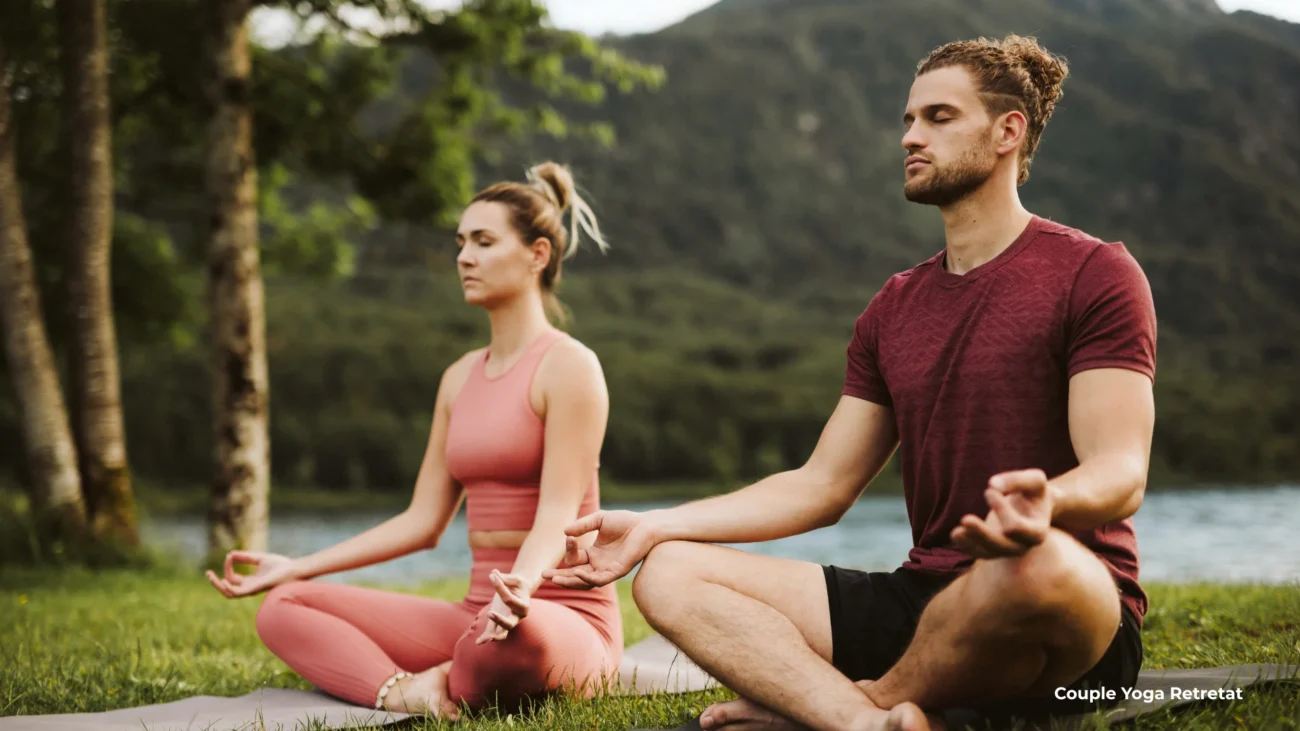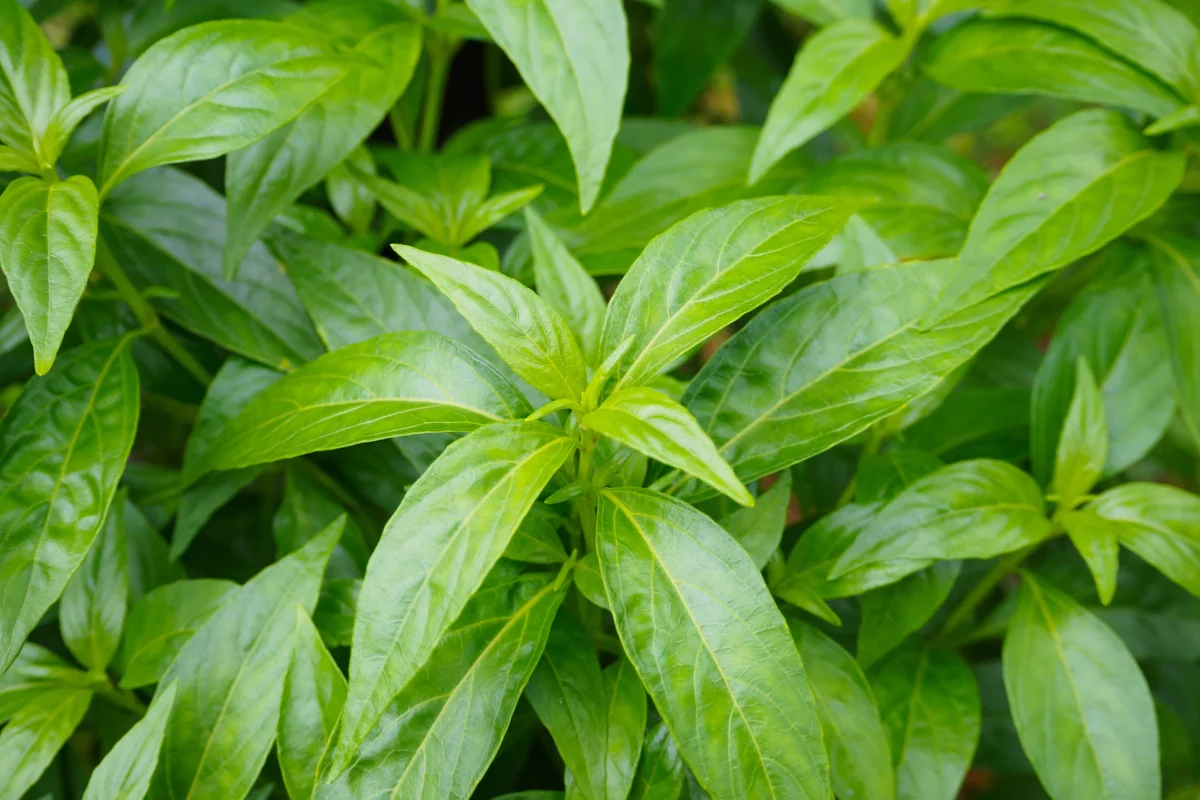Blog
Meditation Flower Track Path 2 Mindful Living and Inner Peace
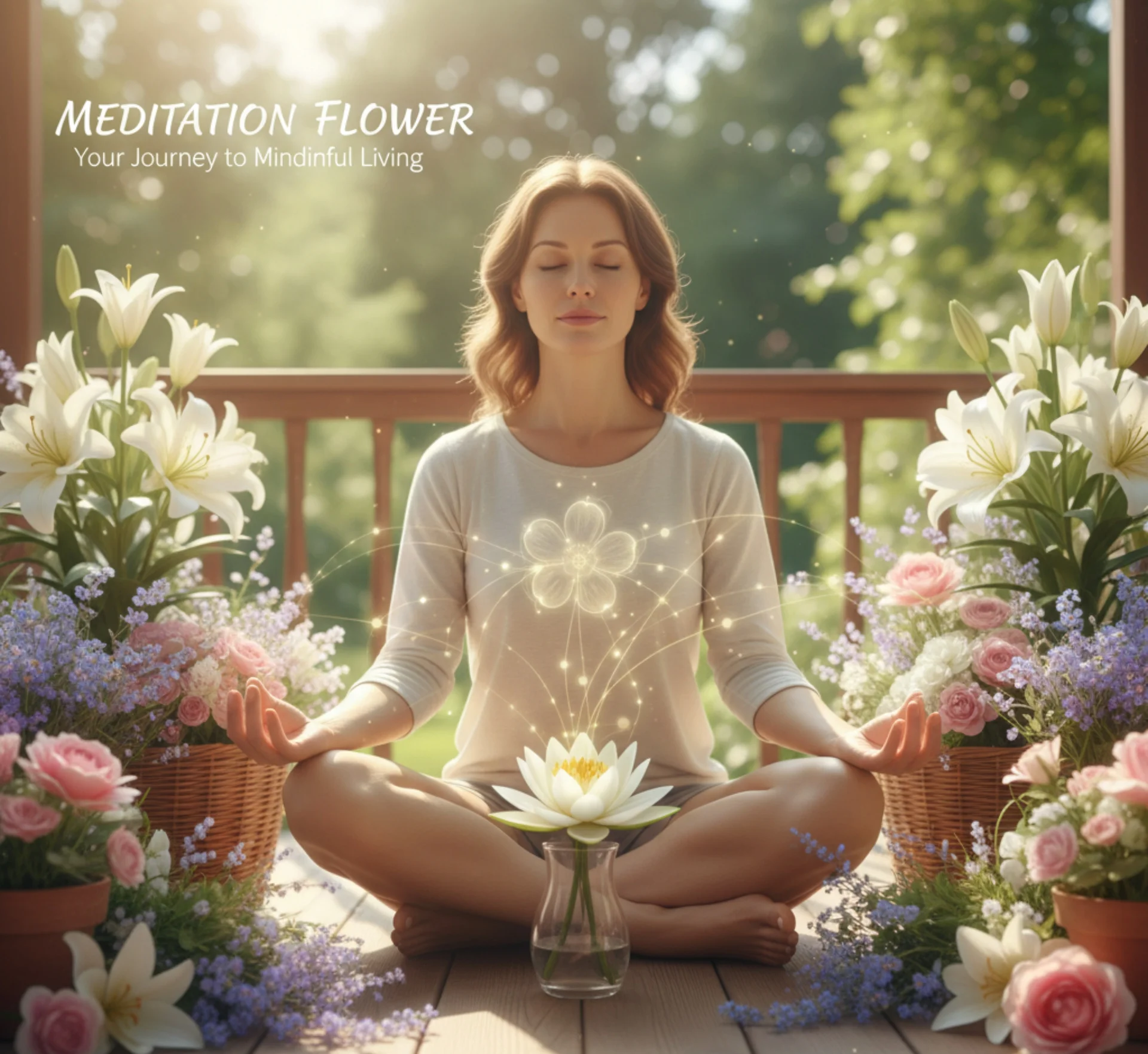
Meditation Flower: you’re sitting in your garden or on your balcony, surrounded by blooming flowers, taking slow, intentional breaths. The world feels quieter. Your mind settles. This isn’t just a daydream—it’s the transformative power of meditation flower track, a practice that’s reshaping how modern wellness enthusiasts approach their mindfulness journey.
In our fast-paced world where stress management has become a daily necessity, flower meditation offers something beautifully simple yet profoundly effective. Let’s explore how this ancient practice is helping people create a more balanced lifestyle while deepening their yoga practice.
What Is Meditation Flower Track
Meditation flower track refers to the practice of using flowers as focal points for meditation and mindfulness exercises. This technique, rooted in traditions like Trataka (a yogic gazing meditation) and Taoist practices, involves concentrating on a single flower to achieve mental clarity and inner peace.
Think of it as creating your own personal sanctuary where nature becomes your teacher. The visual emphasis of flower gazing makes it an excellent choice for aesthetically minded people and creative types, and it can be practiced anywhere regardless of noise or distractions.
How Flower Meditation Connects to Your Yoga Practice
If you’re already incorporating yoga into your daily routine, flower meditation is a natural extension that deepens your practice. Flower gazing meditation, also known as Trataka, is specifically designed to relieve anxiety, lift low moods, and restore balance and connection.
This form of meditation falls under samatha, a calm and stabilizing practice that leads to insight. Just like your yoga flow prepares your body for stillness, flower meditation prepares your mind for deeper awareness and spiritual growth.
The connection goes even deeper. In Kundalini yoga, there’s a specific practice called Pushma Kriya (Flower Meditation) where practitioners visualize flowers at the forehead while holding their hands in a flower-like mudra. This blends physical breathwork, visualization, and meditation techniques into one powerful practice.
The Lifestyle Benefits You’ll Actually Feel
Modern living demands practical solutions, and flower meditation delivers real results that fit seamlessly into your wellness routine. Research shows that concentration-based meditation techniques produce documented cognitive improvements across various populations, with significant enhancements in both memory and concentration abilities.
In one compelling study, college athletes who practiced gazing meditation for twelve weeks saw remarkable results:
- Problem-solving accuracy increased from 17 correct answers to 21
- Students achieving maximum memory scores jumped from 4 to 17
- Overall concentration improved by nearly 20%
But the benefits extend beyond mental performance:
For Your Mental Health:
- Promotes deep relaxation and calm
- Reduces stress and anxiety naturally
- Improves your relationship with yourself
- Offers a gentle way to reclaim your mental wellness
For Your Physical Wellbeing:
- Improves external optic function (your eyesight)
- Enhances internal visualization abilities
- Encourages proper breathing techniques
- Benefits your entire nervous system
For Your Creative Life:
- Helps you notice specific details in everything around you
- Enhances appreciation for beauty in common objects
- Transforms your daily life perspective
- Enriches your creative expression
How to Create Your Own Meditation Flower Track
Ready to start? Here’s how to weave this beautiful practice into your healthy lifestyle:
Choose Your Flower Mindfully
- Select a flower that resonates with you personally
- Place it about a foot in front of you at eye level
- For beginners, focus on one single flower instead of a bouquet
- White flowers work well for centering and refocusing your energy
- Choose flowers associated with specific chakras for targeted energy work
Set Up Your Sacred Space
- Find an area where you won’t be disturbed during practice
- Your garden, balcony, or quiet corner works perfectly
- Ensure good natural light if possible
- Keep your meditation space simple and uncluttered
- This doesn’t need to be complicated or expensive
Flower Arranging as Moving Meditation
If sitting meditation feels challenging, try mindful flower arranging—a beautiful form of moving meditation that’s gaining popularity in wellness circles. When done mindfully, picking blooms and arranging a bouquet becomes a fragrant and calming practice that may help you feel just as relaxed as a traditional meditation session.
The Deeper Connection
Throughout human history, we’ve used flowers in sacred ceremonies, thought of them as powerful omens, and used them to represent gods and goddesses. There isn’t a single culture on earth that doesn’t use flowers to express love, joy, sorrow, or worship.
When you practice flower meditation, you’re tapping into this ancient wisdom while creating something deeply personal. The intention is to receive the flower through your eyes instead of seeking to take it with your vision—cultivating a friendly presence with it and establishing an energetic exchange.
What makes flower meditation unique:
- Engages multiple senses simultaneously
- Relates strongly to our olfactory receptors
- Adds extra sensory stimulus to the practice
- Tends to provoke positive memories
- Creates a truly multi-sensory meditation experience
- Connects you with nature’s wisdom
Your Invitation to Begin
You don’t need expensive equipment, special training, or hours of free time to start your meditation flower track practice. All you need is:
- A flower that speaks to you
- A few quiet minutes
- The willingness to be present
- An open heart and curious mind
What you’ll notice after practicing:
- You’ll feel calmer and more relaxed
- Your attention will be clearer and sharper
- Your mind will feel more settled
- You’ll carry a sense of peace throughout your day
With regular practice:
- You’ll start noticing beauty in unexpected places
- Details in everyday objects will captivate you
- Your appreciation for simple things will deepen
- Life will feel richer and more meaningful
In a world that constantly demands your attention, flower meditation offers something radical: permission to slow down, breathe deeply, and simply be. Whether you’re deepening your yoga journey, enhancing your mindfulness practice, or simply seeking more peace in your everyday life, this gentle practice welcomes you exactly as you are.
So find a flower that speaks to you today. Sit with it. Breathe with it. And discover the profound transformation that happens when you give yourself permission to simply gaze at beauty with an open heart.

References
- MeditationWise – “Flower Gazing Meditation”
- Sow & Dipity – “How to Use Flower Energy for Meditation”
- Garden Collage Magazine – “An Intro To Flower Gazing Meditation” (June 21, 2017)
- 3HO International – “Pushma Kriya: Flower Meditation” (March 19, 2025)
- Floral Healing Coaching – “How To Meditate with Flowers” (January 24, 2023)





